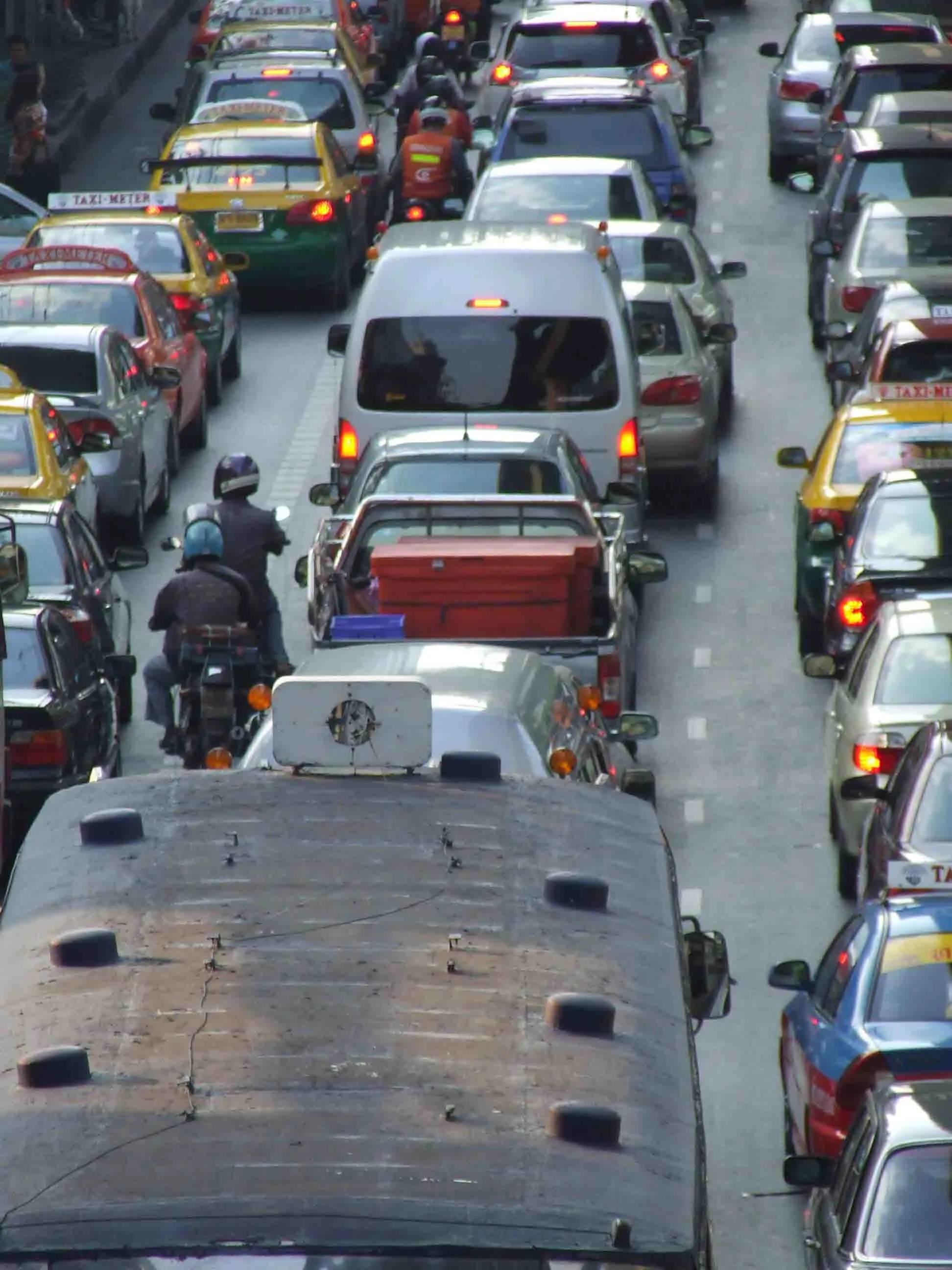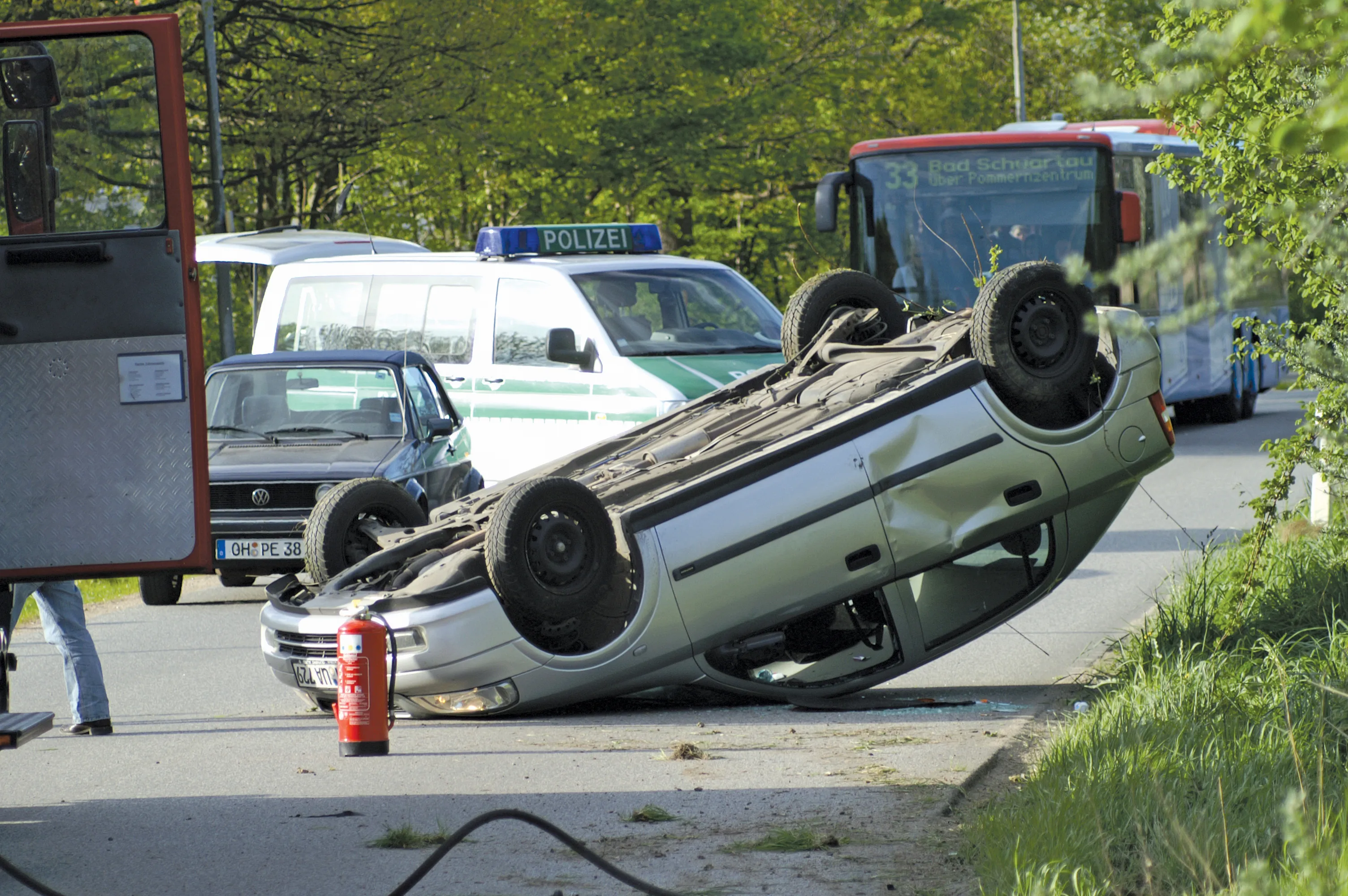At a time when many governments and city authorities around the world are challenged to manage transport demand and recover costs from road users, members of the International Road Federation have launched a new committee dedicated to tolling and other forms of road user charging (RUC).
March 6, 2017
Read time: 1 min

RSSAt a time when many governments and city authorities around the world are challenged to manage transport demand and recover costs from road users, members of the International Road Federation have launched a new committee dedicated to tolling and other forms of road user charging (RUC).
The committee’s chief aim is to offer3918 IRF Washington members an opportunity to formulate policy and technological recommendations that support informed policymaking and lead to cost-effective solutions in those cases where road user charging meets clearly identified mobility objectives and societal goals. In doing so, members of the subcommittee will also have a key role in articulating technology-neutral awareness raising initiatives and capacity building programs to be led by the IRF.
Topics addressed by the subcommittee:
1. Policy and technological enablers for RUC
2. RUC serving emerging mobility trends
3. Regulatory framework and interoperability requirements for RUC schemes
4. RUC enforcement handling
5. RUC Key Performance Indicators
6. Establishing effective Public Private Partnerships for RUCs
7. Gaining buy-in for RUCs through stakeholder consultation
Committee Leadership:
Co-chair: Marc Ribo Pedragosa, Abertis
Co-chair: Emmanuel Grandserre, 4iCom
The committee’s chief aim is to offer
Topics addressed by the subcommittee:
1. Policy and technological enablers for RUC
2. RUC serving emerging mobility trends
3. Regulatory framework and interoperability requirements for RUC schemes
4. RUC enforcement handling
5. RUC Key Performance Indicators
6. Establishing effective Public Private Partnerships for RUCs
7. Gaining buy-in for RUCs through stakeholder consultation
Committee Leadership:
Co-chair: Marc Ribo Pedragosa, Abertis
Co-chair: Emmanuel Grandserre, 4iCom








